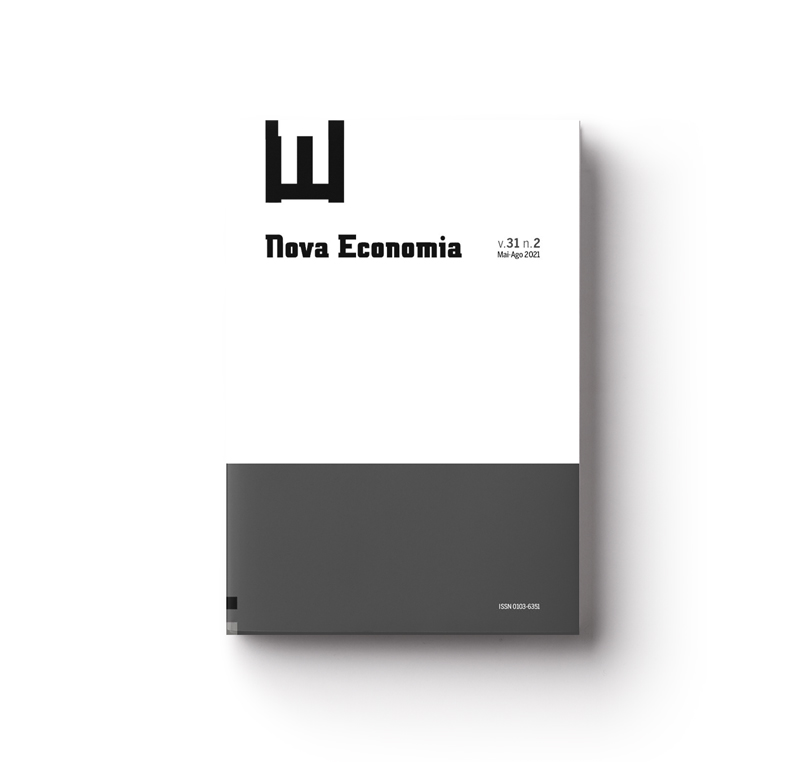A tese da performatividade e as interações entre teorias econômicas e realidade social
Resumo
Resumo
Proposta originalmente pelo filósofo da linguagem John Austin e posteriormente adotada em outras ciências sociais, a tese de performatividade ficou conhecida como uma crítica do homo economicus da teoria econômica mainstream. O que geralmente se entende por performatividade da economia é a ideia de que a teoria econômica cria atividades e mercados no sistema econômico (mais do que meramente os descreve ou interpreta). O artigo apresenta diversos argumentos favoráveis e contrários a esta tese como uma maneira útil de pensar a relação entre a teoria e o sistema econômico. Após essa revisão da literatura, apresentamos nossa interpretação, a saber, uma abordagem interativa do tema. Dessa forma, defendemos a relevância epistemológica da tese para a metodologia econômica, isto é, para o entendimento da relação entre teorias/modelos da ciência econômica e os eventos no mundo econômico. Além disso, argumentamos que, justamente por estarem enraizadas na realidade social, as teorias econômicas dominantes ocupam uma posição particularmente resiliente à crítica.
Palavras-chave: teoria econômica, realidade social, performatividade da economia
Códigos JEL: A11, A14, B41
Downloads
Publicado
Como Citar
Edição
Seção
Licença
Copyright (c) 2021 José Ricardo, Celso Neris, Rafael Galvão Almeida

Este trabalho está licenciado sob uma licença Creative Commons Attribution 4.0 International License.
Autore[a]s que publicam nesta revista concordam com os seguintes termos:
- Autore[a]s mantém os direitos autorais e concedem à revista o direito de primeira publicação, com o trabalho simultaneamente licenciado sob a Licença Creative Commons Atribuição 4.0 Internacional que permite o compartilhamento do trabalho com reconhecimento da autoria e publicação inicial nesta revista.
- Autore[a]s têm autorização para assumir contratos adicionais separadamente, para distribuição não-exclusiva da versão do trabalho publicada nesta revista (ex.: publicar em repositório institucional ou como capítulo de livro), com reconhecimento de autoria e publicação inicial nesta revista.
- Autores têm permissão e são estimulados a publicar e distribuir seu trabalho online (ex.: em repositórios institucionais ou na sua página pessoal) a qualquer ponto antes ou durante o processo editorial, já que isso pode gerar alterações produtivas, bem como aumentar o impacto e a citação do trabalho publicado (Veja O Efeito do Acesso Livre).




